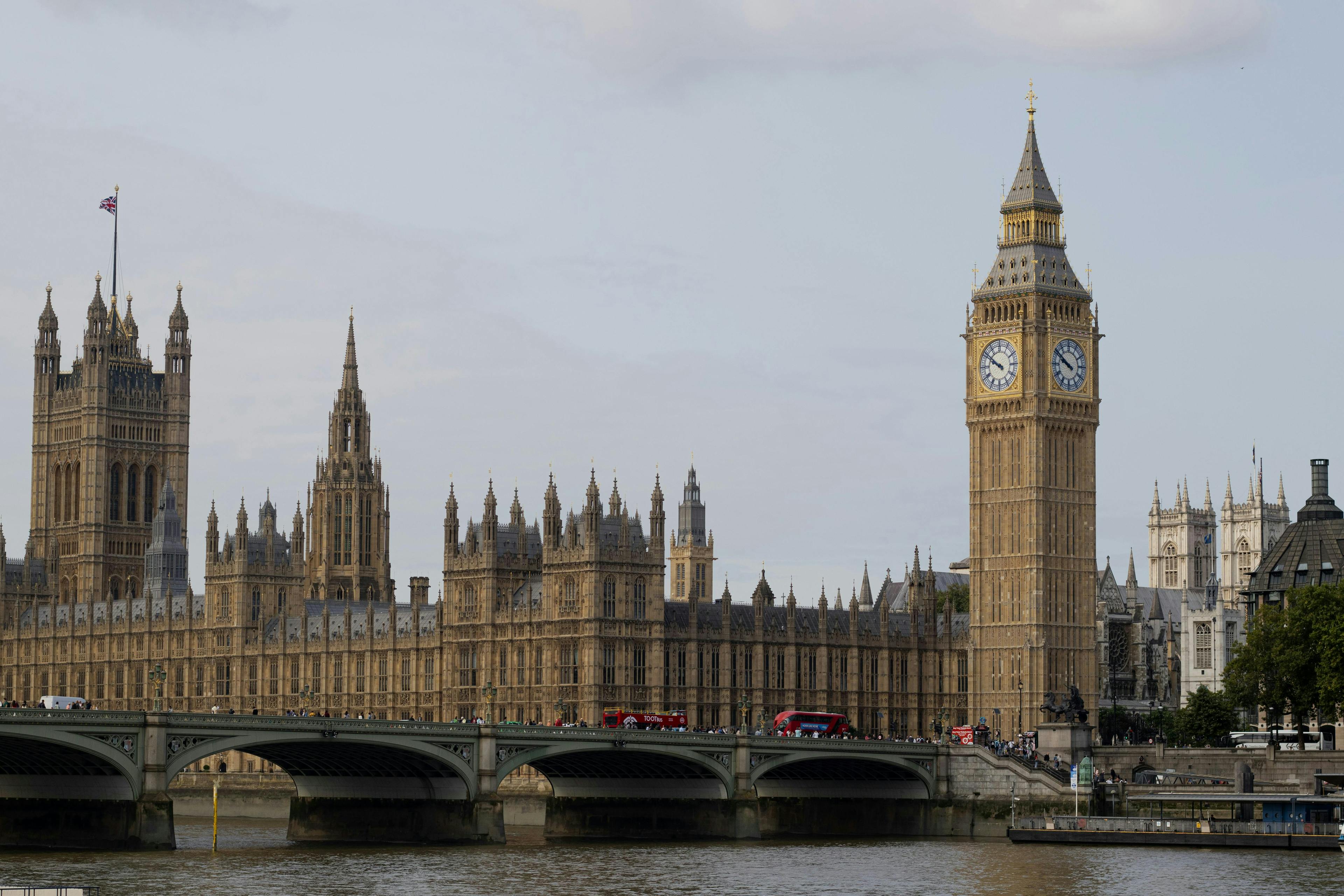Constitutional convention and Political accountability

Regulatory conventions facilitate political, and in particular government, responsibility by guiding elected politicians in their actions and providing criteria for both parliament and the public to judge them.1
A prominent example of a regulatory convention is the Sewel Convention, where legislation on delegated matters is prohibited without the consent of the relevant delegating bodies.2 The Minister’s actions are also subject to key principles outlined in the Ministerial Code, which suggests that a minister should resign if they fail to provide accurate and truthful information to Parliament and the public when possible.3
This may not be recognized as an independent convention and could instead be viewed as part of the Ministerial Accountability Convention. Within the framework of a political constitution, a convention without government responsibility would be untenable.3
According to the Ministerial Code, "Ministers are responsible to Parliament and for the policies, decisions, and actions of their departments and agencies."4 Given the importance of ensuring effective government accountability within the Constitution, some may argue that ministerial accountability conventions should be considered fundamental rather than merely regulatory, even though they are largely binding on elected politicians.
Tompkins argues that the Ministerial Convention on Accountability "formed the basis of the [British] Constitution after the 17th century," and that democracy in Britain is only possible through convention, as it allows voters to remove the government if they lose faith in it through Parliament.5 Conventions that regulate government behavior are essential to political constitutionalism because they firmly anchor government responsibility within the political, not the legal, domain.
References
- Robert Brett Taylor, “Foundational and regulatory conventions: exploring the constitutional significance of Britain’s dependency upon conventions” (2015) Public Law 614-632 https://uk.practicallaw.thomsonreuters.com/Document/I3A36A2305C5611E58916B963212E7CCD accessed 10 January 2022
- Ministerial Code, May 2010
- Marshall, Constitutional Conventions: The Rules and Forms of Political Accountability (1984)
- Ibid
- A. Tomkins, Public Law (Oxford: Oxford University Press, 2003), p.159